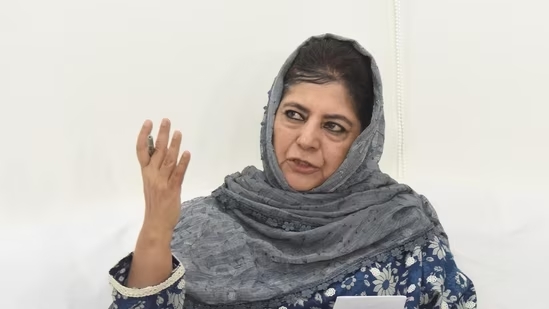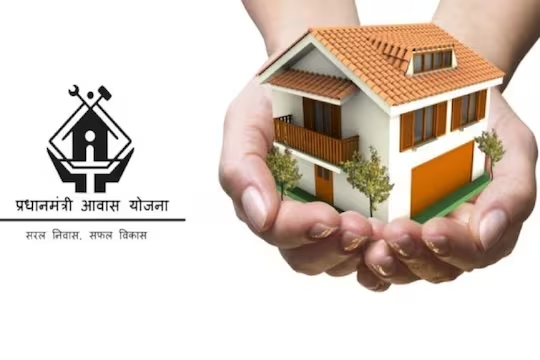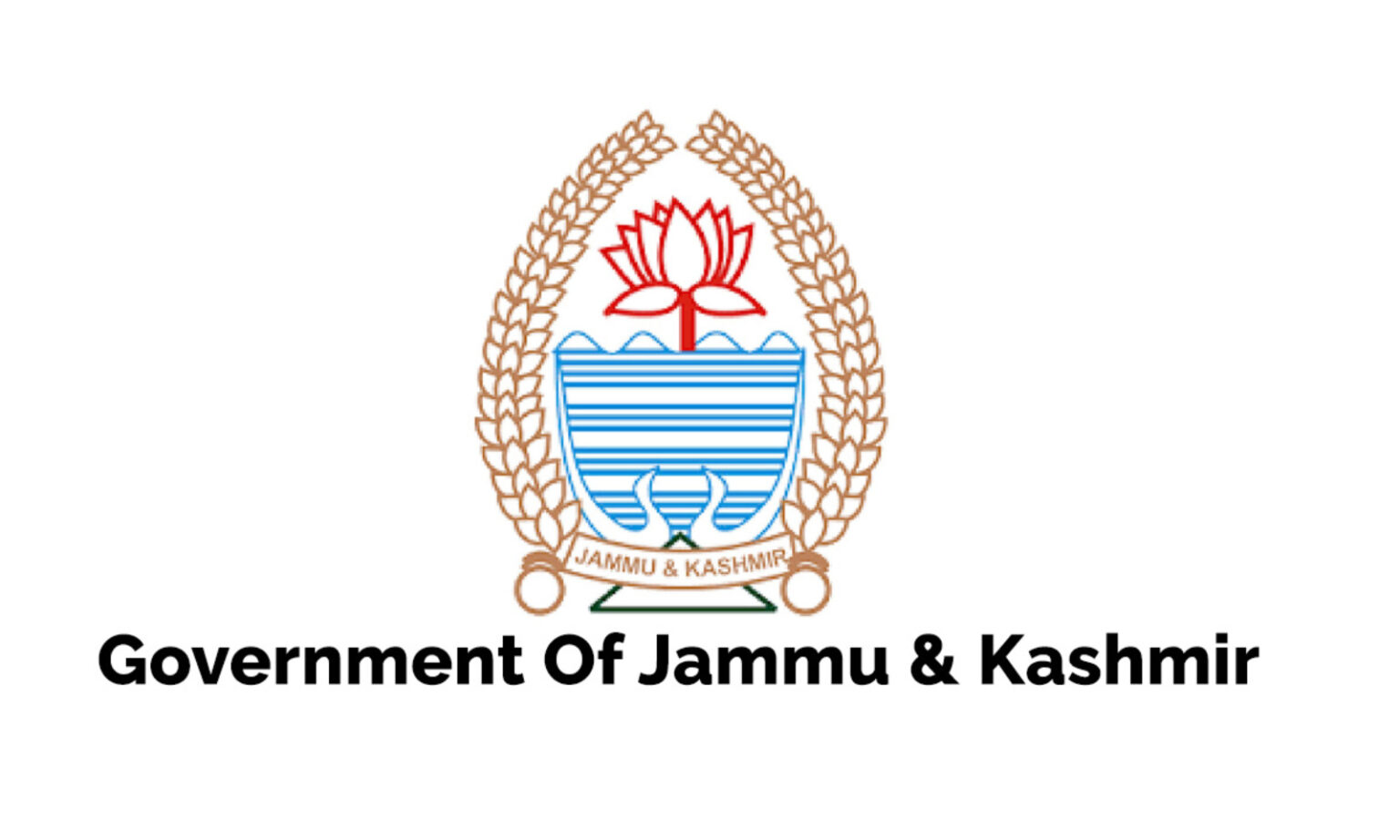The administration of Jammu and Kashmir denied the claims made by the former chief minister Mehbooba Mufti regarding the Pradhan Mantri Awas Yojana (PMAY) initiative.
The government of Jammu and Kashmir firmly asserted that land allocation under the program is strictly limited to residents and does not extend to outsiders in any form.

The claims made by Peoples Democratic Party (PDP) president Mehbooba Mufti to relocate outsiders under the guise of land to the landless program were deemed “factually incorrect” by the government.
In a previous press conference, Mufti claimed that Lieutenant-Governor Manoj Sinha’s recent promise to provide land to those who are homeless under the PM Awas Yojana may be an attempt to alter Jammu and Kashmir’s population makeup.
I believe the government is trying to change Jammu and Kashmir’s demographic makeup by bringing slums and poverty into the area under the guise of houses for the homeless, the PDP leader had claimed.
The J-K government stated in an official statement that the information cited by Mehbooba Mufti relates to housing and urban affairs, whereas the PMAY G program is handled by the Ministry of Rural Development for J-K’s rural areas.
PMAY: Housing Progress and Beneficiary Verification
According to the report, the PMAY (Grameen) phase 1 began on April 1, 2016, and during that time 257,349 houseless cases were found in 3-K based on SECC data from 2011.
Gram Sabhas verified them, 136,152 cases were approved for J-K as part of the Prime Minister’s overarching commitment to “Housing for all” by 2022.

The Awaas+ survey was carried out between January 2018 and March 2019 by the government to find beneficiaries who believed the SECC had neglected them in 2011.
The Government of India offers a per unit aid of 1.30 lakhs for each house under the program. According to the government, the minimum size of the required dwelling is 1 marla.
The statement further stated that between January 2018 and March 2019, the government undertook the Awaas+ survey to find beneficiaries who claimed to have been left out of the SECC for 2011.
To fill in the gaps between the overall aim and the list of qualified beneficiaries provided by the SECC Permanent Wait List (PWL), data acquired through Awaas+ was utilized.
A survey done in 2018–19 across India revealed 2.65 lakh cases of homelessness in J-K, and PMAY Phase-II (AWAS Plus) Grameen officially began in 2019 on the basis of this data. J-K, on the other hand, was given a target of just 63,426 homes.
These residences received approval in 2022. On March 31, 2024, the current phase of the system will come to an end.
As a special dispensation, 199,550 more PMAY AWAS PLUS dwellings were approved on May 30, 2024, to secure housing for all 2.65 lakh homeless individuals who participated in the PWL 2019.
In addition, the survey adheres to precise rules, taking into account all homeless people as well as those residing in zero, one, or two-room kachha dwellings, and prioritizing in accordance with the priorities specified in the plan guidelines.
Landless Individuals Excluded from PMAY
The government further stated that even if a person is on the Permanent Waiting List, they cannot be granted a house if they are homeless, do not have clear land titles, do not own any land, or own land where construction is prohibited.
According to the J-K administration, out of 199,550 cases, 2,711 individuals were found to be living on State land, Forest land, Rakhs, Farms land, or land allotted for agricultural purposes near Dachigam Park where construction is prohibited.
The government makes it clear that it cannot approve the purchase of a house by people who do not own the property.
In order to guarantee everyone has a place to live, the government has chosen to allot these 2,711 instances 5 marlas of land so they can have homes.
Mehbooba Mufti’s claim that more than 2 lakh persons received land allocations is therefore untrue, and all of her assertions show a lack of knowledge of the PMAY program and the Revenue rules of J-K, which allow land allocation to landless people for residential use.
No new laws have been passed, and no outsiders are receiving land allocations,” it continued.
These 2,711 instances are a part of the 2018–19 PWL for homeless people in J–K who were denied housing either because they lacked land or because the land they did possess fell under the state, forest, or other categories where development is prohibited.













